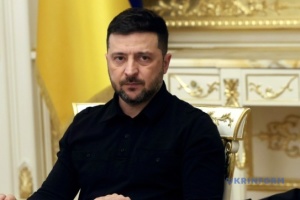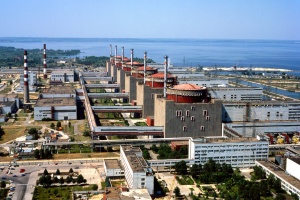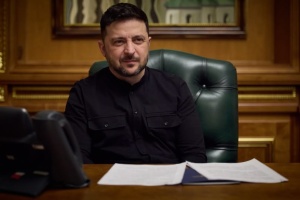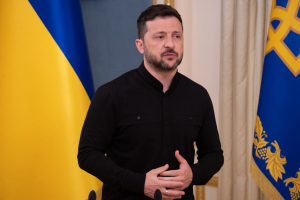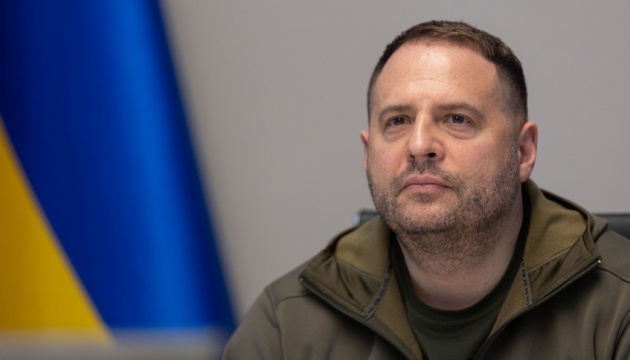
McFaul-Yermak Group’s sanction plan currently implemented by 48% - President’s Office
The head of the Ukrainian President’s Office, Andriy Yermak, reported this in a Telegram post, according to Ukrinform.
Yermak said the United States had imposed new financial restrictions, Switzerland had joined the European Union's sixth package of sanctions, while Britain had slapped sanctions on Moscow's Patriarch Kirill.
At the same time, according to him, so far there is no progress on sanctions in the energy and transport areas.
"The Kremlin continues to blackmail Europe by curbing gas supplies to Germany by 60% and to Italy by 15%," Yermak added.
In addition, the head of the President’s Office stressed that Ukraine was waiting for Russia to be recognized as a state sponsor of terrorism.
As Ukrinform reported, the international working group on Russia sanctions had been established on the initiative of President Volodymyr Zelensky.
The group is co-led by the head of the President's Office, Andriy Yermak, and the chief of the Freeman-Spogley Institute for International Studies (FSI), Ambassador Michael McFaul, the U.S. President's National Security Advisor.
In April, the group presented a Sanctions Action Plan, which contains recommendations for the international democratic community on a set of further economic measures aimed at forcing the Russian leadership to cease the war in Ukraine as soon as possible and maximize the cost of aggression for Russia.
The plan focuses on 10 key areas of sanctions policies, including recognition of Russia and Belarus as sponsors of terrorism, and the Russian armed forces – as a terrorist organization; a complete ban on Russian energy exports; expansion of sanctions against Russian and Belarusian financial sectors; strengthening transport and insurance sanctions; expanding and toughening trade embargoes and personal sanctions.
On May 10, the group presented the second document developed – the Roadmap for Energy Sanctions.

